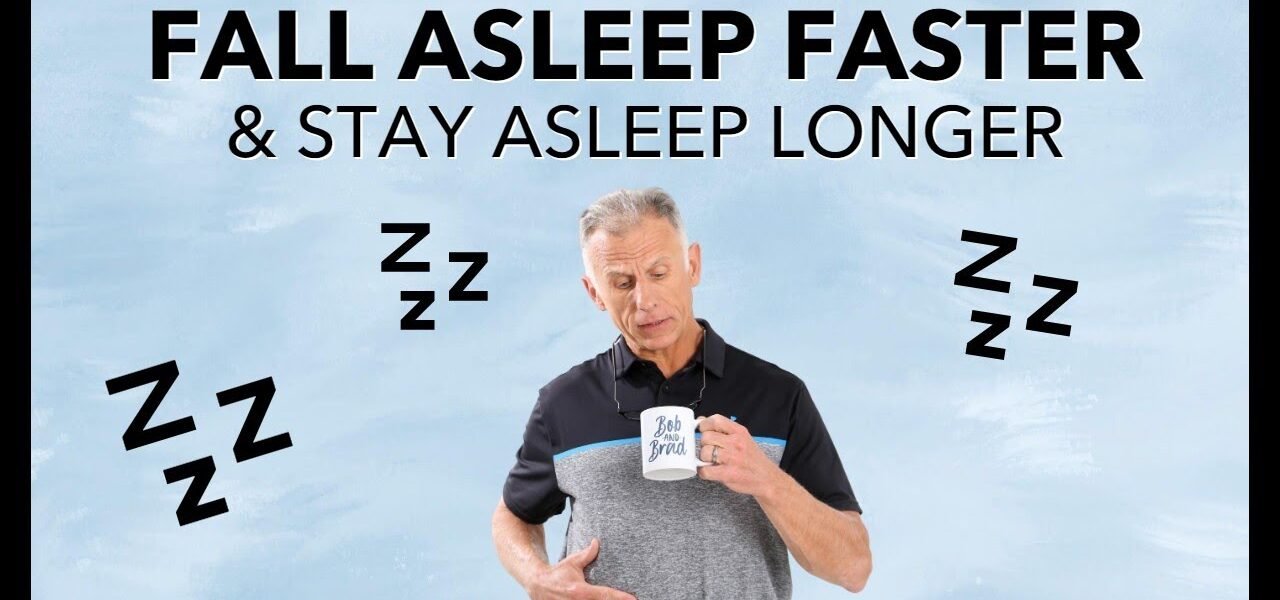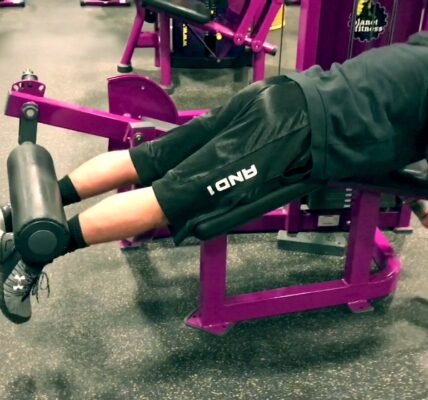Getting a good night’s sleep is essential for your physical and mental well-being. However, many people struggle with falling asleep quickly and staying asleep throughout the night. If you’re one of them, don’t worry—there are several practical techniques and lifestyle changes that can help you fall asleep faster and stay asleep all night. In this article, we’ll explore the best sleep techniques for falling asleep quickly and staying asleep, how to use breathing exercises to fall asleep faster and stay asleep, and how to improve sleep hygiene for better quality sleep all night.
Why Is Falling Asleep Fast and Staying Asleep Important?
Before diving into the methods, let’s understand why falling asleep faster and staying asleep all night is so important. Poor sleep can negatively impact your mood, productivity, and overall health. Inadequate sleep increases the risk of chronic conditions such as heart disease, diabetes, and depression. By improving your ability to fall asleep and stay asleep, you can:
- Boost your immune system
- Improve memory and cognitive function
- Enhance emotional well-being
- Increase productivity during the day
So, how can you achieve a peaceful, uninterrupted night of sleep? Let’s explore several strategies that can help.
1. The Best Sleep Techniques for Falling Asleep Quickly and Staying Asleep
Finding the right sleep techniques can be a game-changer for those struggling with insomnia or restless nights. Here are some effective methods that can help you fall asleep faster and stay asleep all night:
a. Create a Sleep-Friendly Environment
Your bedroom plays a significant role in how well you sleep. To optimize your sleep environment:
- Keep your bedroom dark: Use blackout curtains or an eye mask to eliminate light, which can disrupt your natural sleep-wake cycle.
- Keep the room cool: The ideal room temperature for sleep is around 60–67°F (15–20°C). A cooler environment can help you fall asleep faster.
- Limit noise: Consider using earplugs, white noise machines, or soothing music to block out distracting sounds.
b. Stick to a Sleep Schedule
Consistency is key. Go to bed and wake up at the same time every day, even on weekends. This helps regulate your body’s internal clock and makes it easier to fall asleep faster and stay asleep all night.
c. Avoid Stimulants Before Bed
Caffeine, nicotine, and alcohol can interfere with your ability to sleep. Avoid consuming these substances in the hours leading up to bedtime. Additionally, avoid heavy meals or spicy foods that can cause discomfort while you sleep.
d. Try Progressive Muscle Relaxation (PMR)
Progressive muscle relaxation is a technique that involves tensing and then relaxing different muscle groups in your body. This practice helps reduce stress and prepares your body for a restful sleep.
2. How to Use Breathing Exercises to Fall Asleep Faster and Stay Asleep
Breathing exercises can significantly improve your ability to fall asleep and maintain sleep throughout the night. The following techniques are effective and easy to practice:
a. 4-7-8 Breathing Technique
This simple but powerful technique is designed to relax your mind and body. Here’s how you do it:
- Inhale through your nose for 4 seconds.
- Hold your breath for 7 seconds.
- Exhale slowly through your mouth for 8 seconds.
- Repeat this cycle 3-4 times before bed.
This breathing exercise activates your parasympathetic nervous system, helping you fall asleep faster and stay asleep by reducing stress and anxiety.
b. Diaphragmatic Breathing
Diaphragmatic breathing, or belly breathing, focuses on deep, slow breaths that expand your diaphragm. Here’s how to practice it:
- Sit or lie down in a comfortable position.
- Place one hand on your chest and the other on your abdomen.
- Inhale deeply through your nose, ensuring your diaphragm (not your chest) rises.
- Exhale slowly through your mouth.
- Repeat for 5-10 minutes before bed.
This technique can help reduce anxiety and promote relaxation, enabling you to fall asleep faster and stay asleep all night.
3. How to Improve Sleep Hygiene for Better Quality Sleep All Night
Sleep hygiene refers to habits and practices that contribute to a restful night’s sleep. Improving your sleep hygiene can make a significant difference in your ability to fall asleep and stay asleep. Here are some tips:
a. Establish a Relaxing Bedtime Routine
Create a calming pre-sleep routine to signal your body that it’s time to wind down. This may include:
- Reading a book or listening to calming music
- Taking a warm bath or shower
- Practicing meditation or mindfulness
- Avoiding electronics (such as phones or laptops) 30-60 minutes before bed
b. Limit Naps During the Day
Although napping can be refreshing, long naps or naps taken too late in the day can interfere with your ability to fall asleep at night. If you must nap, try to limit it to 20-30 minutes earlier in the day.
c. Avoid Stimulating Activities Before Bed
Avoid activities that might stimulate your mind or body too much before bedtime, such as intense exercise, watching thrilling TV shows, or engaging in stressful conversations.
d. Ensure Your Bed Is Comfortable
Make sure your mattress and pillows are comfortable and supportive. If your bed is uncomfortable, it can prevent you from falling asleep quickly and staying asleep throughout the night.
Comparison Table: Sleep Techniques vs. Breathing Exercises vs. Sleep Hygiene
| Technique | Benefits | Ideal For |
|---|---|---|
| Sleep Techniques | Improves environment, sleep schedule, and relaxation methods. | People with inconsistent sleep patterns. |
| Breathing Exercises | Reduces stress, promotes relaxation, helps with falling asleep. | People with anxiety or racing thoughts. |
| Sleep Hygiene | Establishes healthy habits, improves overall sleep quality. | People with chronic sleep issues. |
FAQs: How to Fall Asleep Faster and Stay Asleep All Night
Q1: How can I fall asleep faster at night?
A1: To fall asleep faster, try creating a relaxing bedtime routine, keeping your bedroom cool and dark, and practicing breathing exercises like the 4-7-8 technique. Avoid caffeine or heavy meals close to bedtime.
Q2: Can breathing exercises help me stay asleep all night?
A2: Yes! Breathing exercises can help calm your nervous system, reducing anxiety and promoting relaxation. This makes it easier to both fall asleep and stay asleep throughout the night.
Q3: What is the best sleep hygiene practice for a good night’s sleep?
A3: The best sleep hygiene practices include maintaining a consistent sleep schedule, creating a relaxing bedtime routine, and making your bedroom environment conducive to sleep (dark, quiet, and cool).
Conclusion
Incorporating these strategies into your routine can significantly improve your ability to fall asleep faster and stay asleep all night. By practicing the best sleep techniques for falling asleep quickly and staying asleep, using breathing exercises to fall asleep faster and stay asleep, and improving your sleep hygiene for better quality sleep all night, you can finally enjoy restful, uninterrupted sleep. Start implementing these tips today and experience the difference they can make in your sleep quality and overall well-being.





